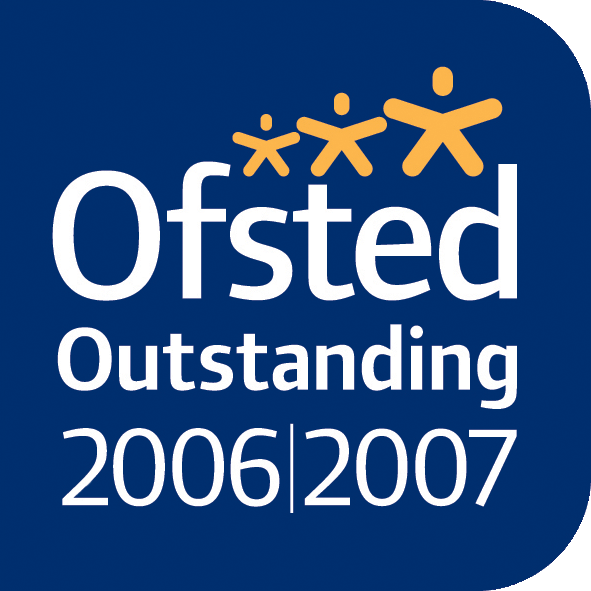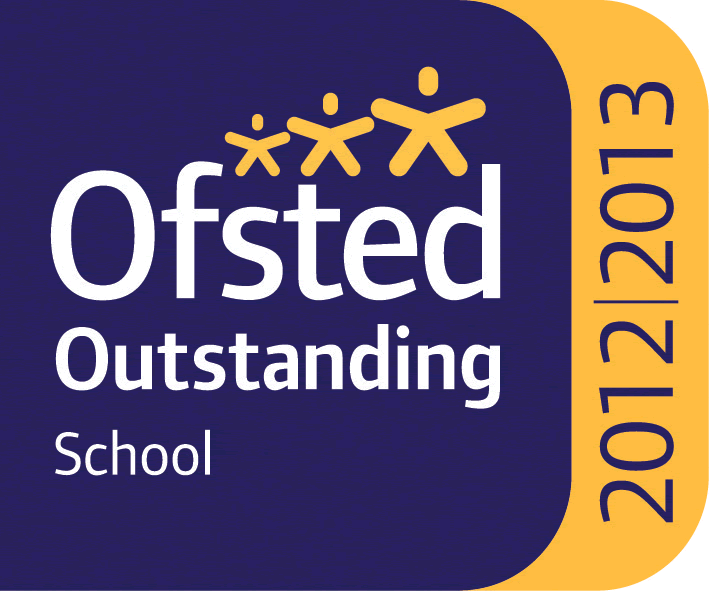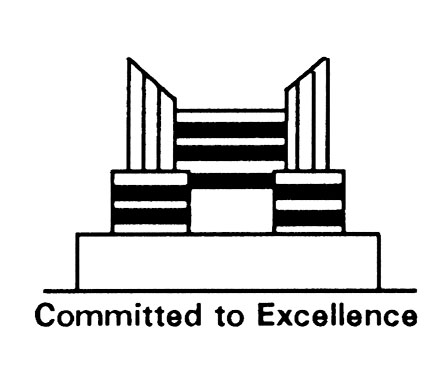Key Stage 3 - History
The overarching aim for History at key stage 3 is to enable pupils to gain a coherent knowledge and understanding of Britain’s past and that of the wider world which will inspire their curiosity to know more about the past. Teaching will equip pupils to ask perceptive questions, think critically, weigh evidence, sift arguments, and develop perspective and judgement. History helps pupils to understand the complexity of people’s lives, the process of change, the diversity of societies and relationships between different groups, as well as their own identity and the challenges of their time.
Aims
The key stage 3 curriculum for history aims to ensure that all pupils:
- Know and understand the history of these islands as a coherent, chronological narrative, from the earliest times to the present day: how people’s lives have shaped this nation and how Britain has influenced and been influenced by the wider world
- Know and understand significant aspects of the history of the wider world: the nature of ancient civilisations; the expansion and dissolution of empires; characteristic features of past non-European societies; achievements and follies of mankind
- Gain and deploy a historically grounded understanding of abstract terms such as ‘empire’, ‘civilisation’, ‘parliament’ and ‘peasantry’
- Understand historical concepts such as continuity and change, cause and consequence, similarity, difference and significance, and use them to make connections, draw contrasts, analyse trends, frame historically-valid questions and create their own structured accounts, including written narratives and analyses
- Understand the methods of historical enquiry, including how evidence is used rigorously to make historical claims, and discern how and why contrasting arguments and interpretations of the past have been constructed
- Gain historical perspective by placing their growing knowledge into different contexts, understanding the connections between local, regional, national and international history; between cultural, economic, military, political, religious and social history; and between short- and long-term timescales.
Pupils will extend and deepen their chronologically secure knowledge and understanding of British, local and world history, so that it provides a well-informed context for wider learning. They will identify significant events, make connections, draw contrasts, and analyse trends within periods and over long arcs of time and use historical terms and concepts in increasingly sophisticated ways. They will pursue historically valid enquiries including some they have framed themselves, and create relevant, structured and evidentially supported accounts in response. They will understand how different types of historical sources are used rigorously to make historical claims and discern how and why contrasting arguments and interpretations of the past have been constructed.
Pupils will be taught about:
- The development of Church, state and society in Medieval Britain 1066-1509
- The development of Church, state and society in Britain 1509-1745
- Ideas, political power, industry and empire: Britain, 1745-1901
- Challenges for Britain, Europe and the wider world 1901 to the present day
- A local history study
- The study of an aspect or theme in British history that consolidates and extends pupils’ chronological knowledge from before 1066
- At least one study of a significant society or issue in world history and its interconnections with other world developments [for example, Mughal India 1526-1857; China’s Qing dynasty 1644-1911; Changing Russian empires c.1800-1989; USA in the 20th Century].




